14 GPTs for Trauma Recovery Powered by AI for Free of 2025
AI GPTs for Trauma Recovery are advanced tools designed to assist individuals in the healing process from traumatic experiences using Generative Pre-trained Transformers technology. These tools leverage the power of AI to provide personalized support, guidance, and resources tailored to the needs of those recovering from trauma. By understanding and generating human-like text, GPTs offer a safe, accessible, and adaptive form of assistance that can complement traditional therapeutic methods, making them relevant and highly beneficial in the field of mental health and trauma recovery.
Top 10 GPTs for Trauma Recovery are: Mindfulness, Stress Management and PTSD,Self-Esteem Builder,GptOracle | The Compassionate Guide,Child Trauma Recovery Helper,Healing Guide,Inspiring Poet,Healing Helper,Inside Out,The Relationship Couch,Ana F's Advice
Mindfulness, Stress Management and PTSD
Empower Your Mind, Heal Your Heart

Self-Esteem Builder
Empowering self-esteem with AI.
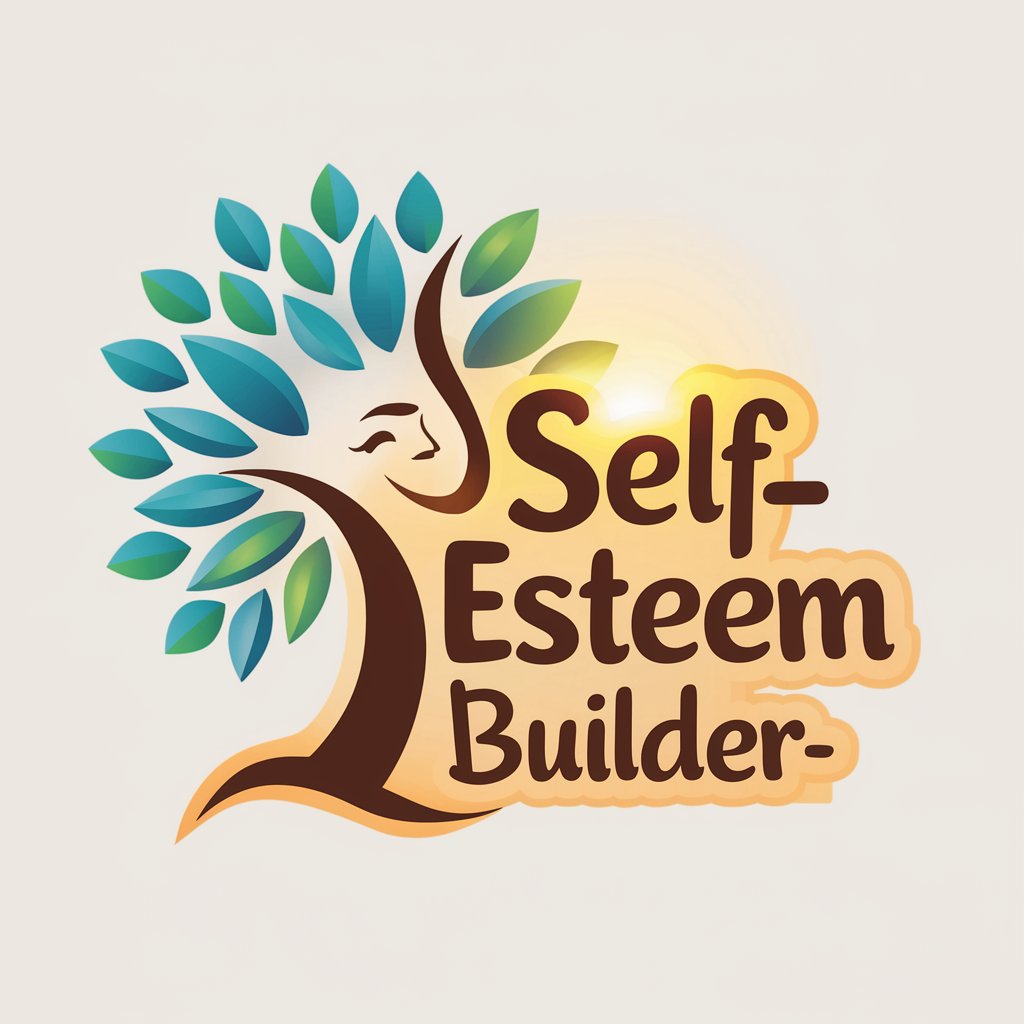
GptOracle | The Compassionate Guide
Empathetic AI for Personal Crises
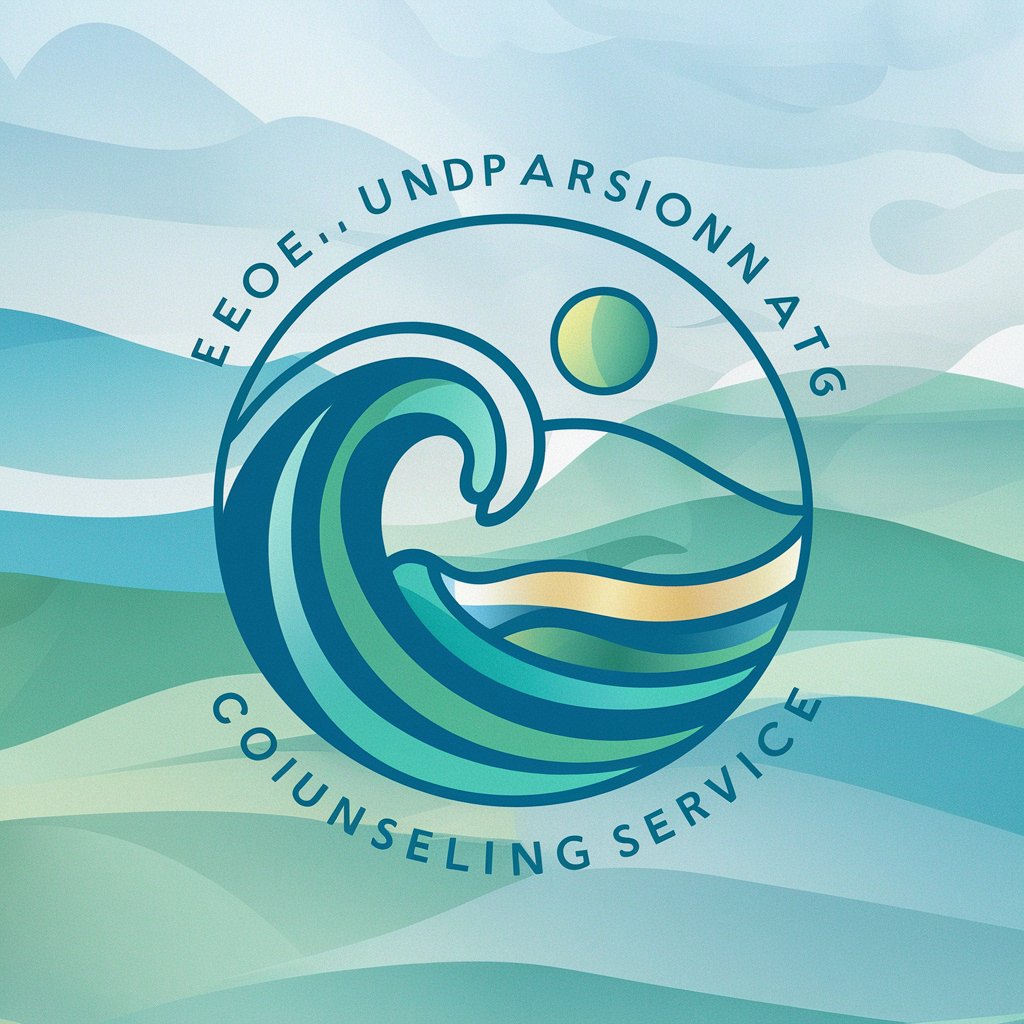
Child Trauma Recovery Helper
Empowering Gaza's children towards healing.
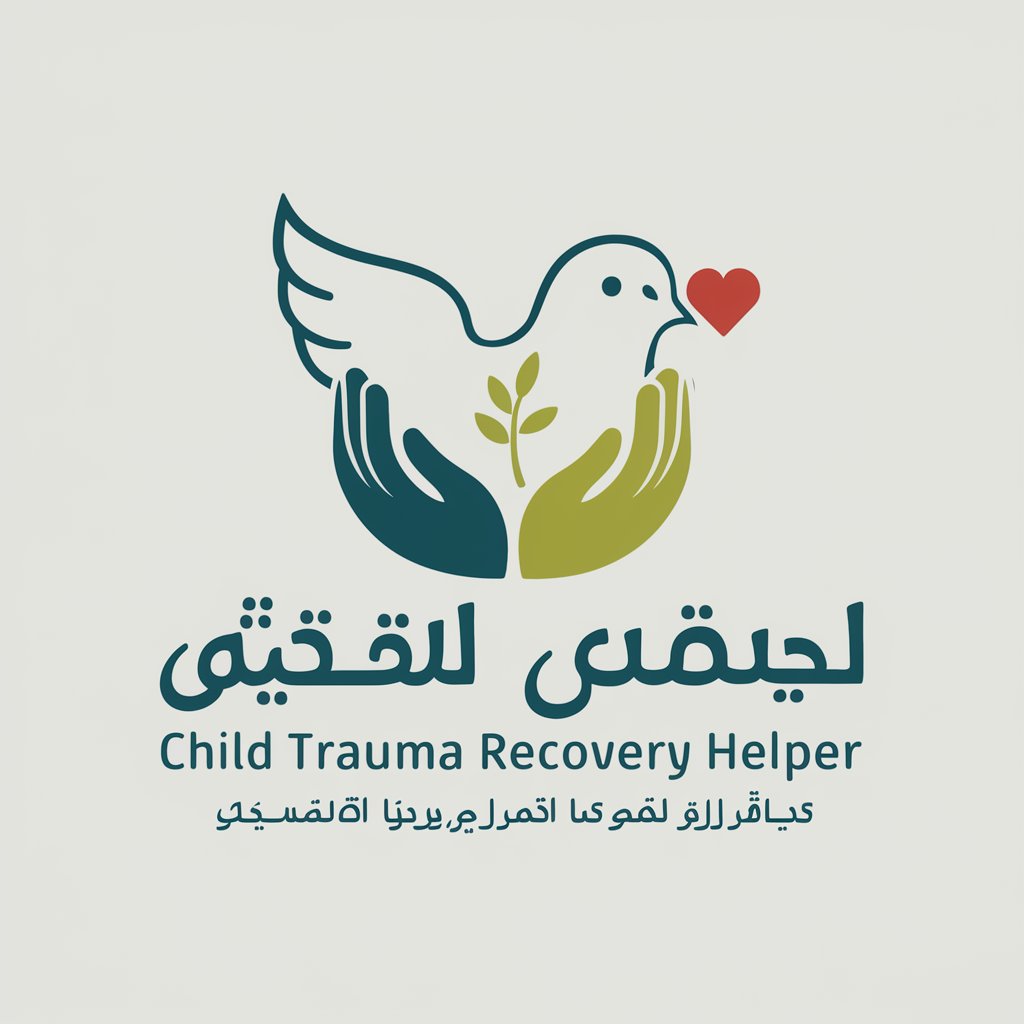
Healing Guide
Navigating Healing with AI Empathy

Inspiring Poet
Transform Stories into Poetry

Healing Helper
Empower healing with AI
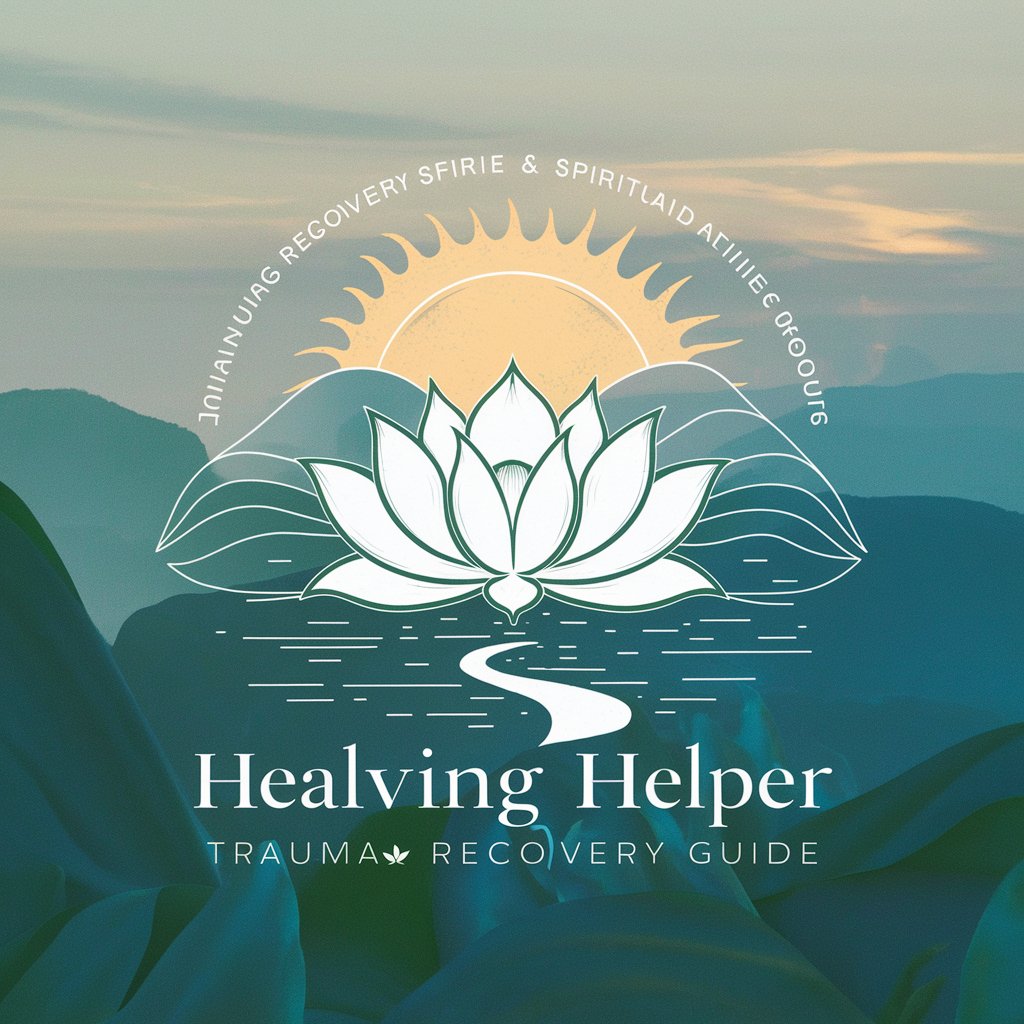
Inside Out
Empowering emotional healing with AI
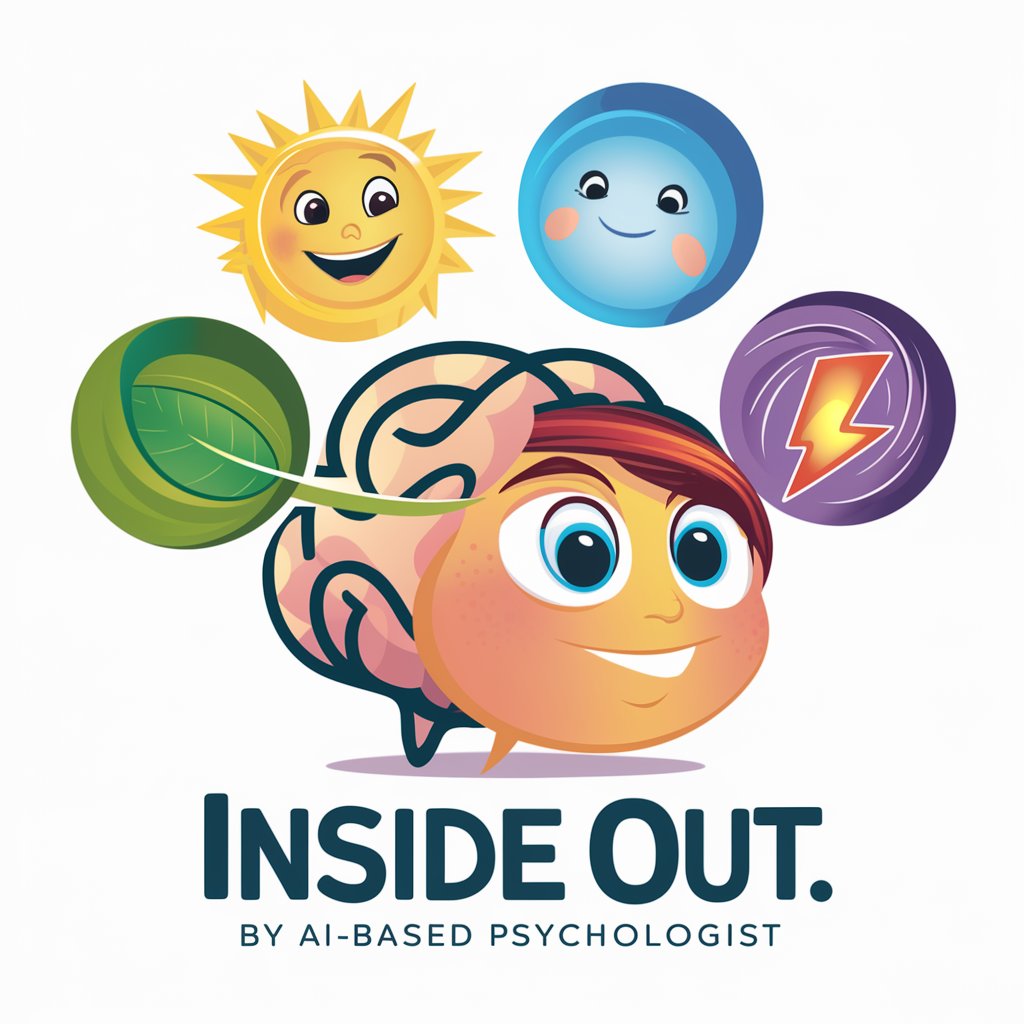
The Relationship Couch
Empowering Healing Through AI
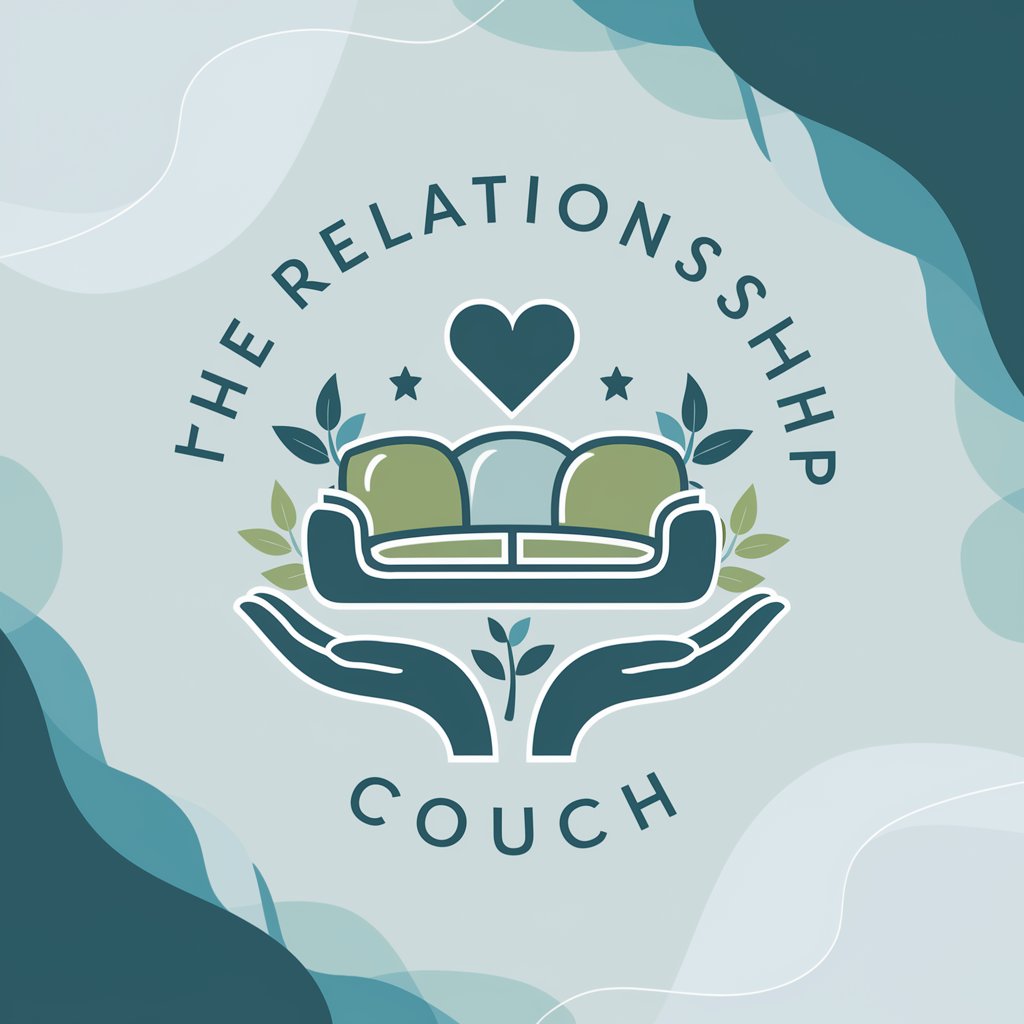
Ana F's Advice
Empowering recovery with AI-driven insights

MAI Trauma Therapist
Empowering healing through AI-guided therapy
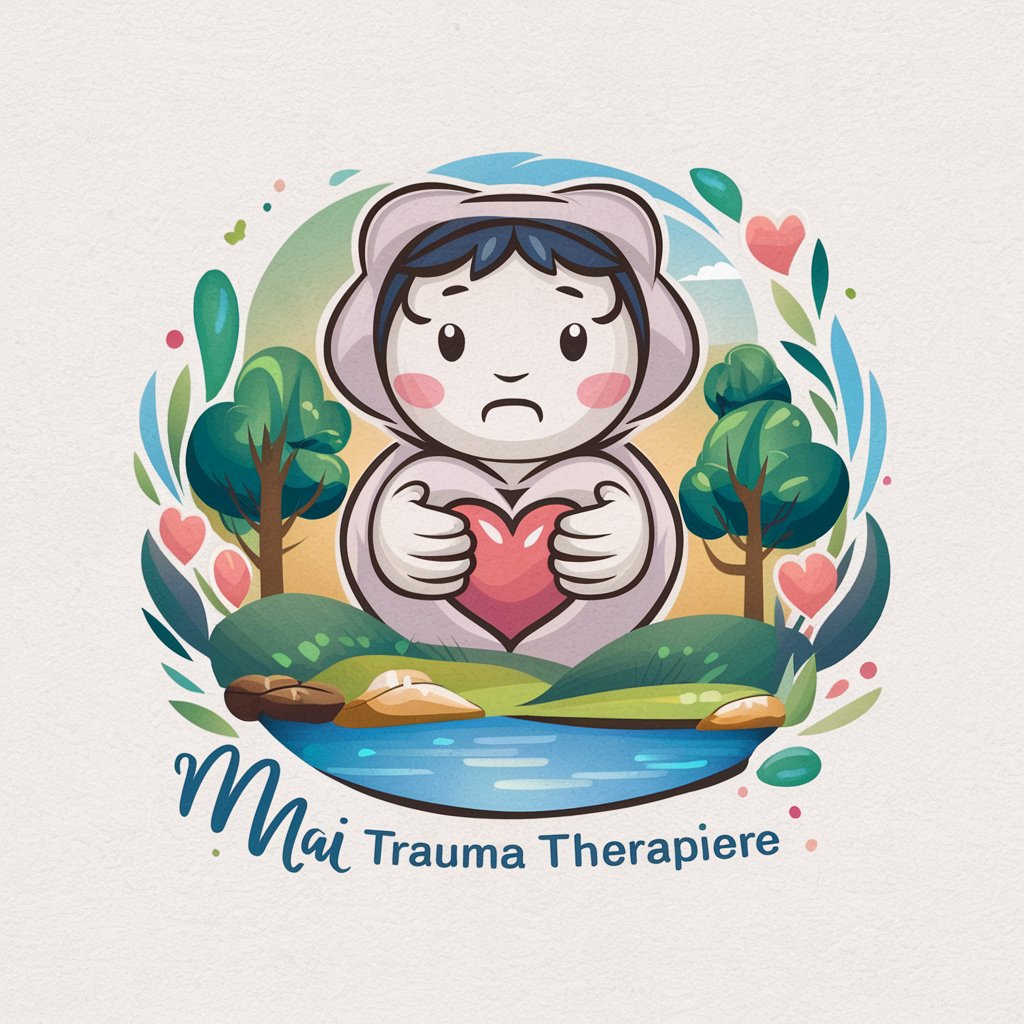
Compassionate Guide
Empowering Healing with AI

Inner Peace Navigator
Navigate Your Inner Peace with AI
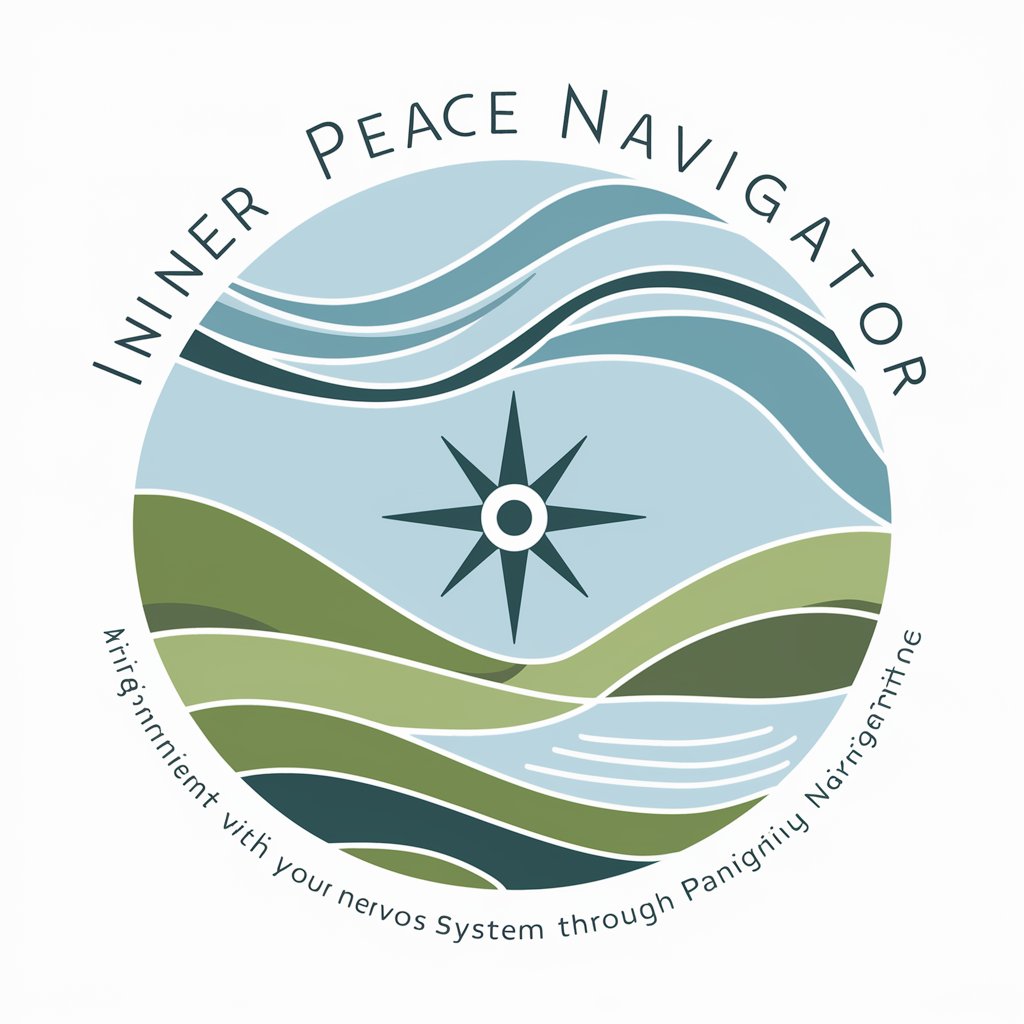
Offload
Empower your healing journey with AI
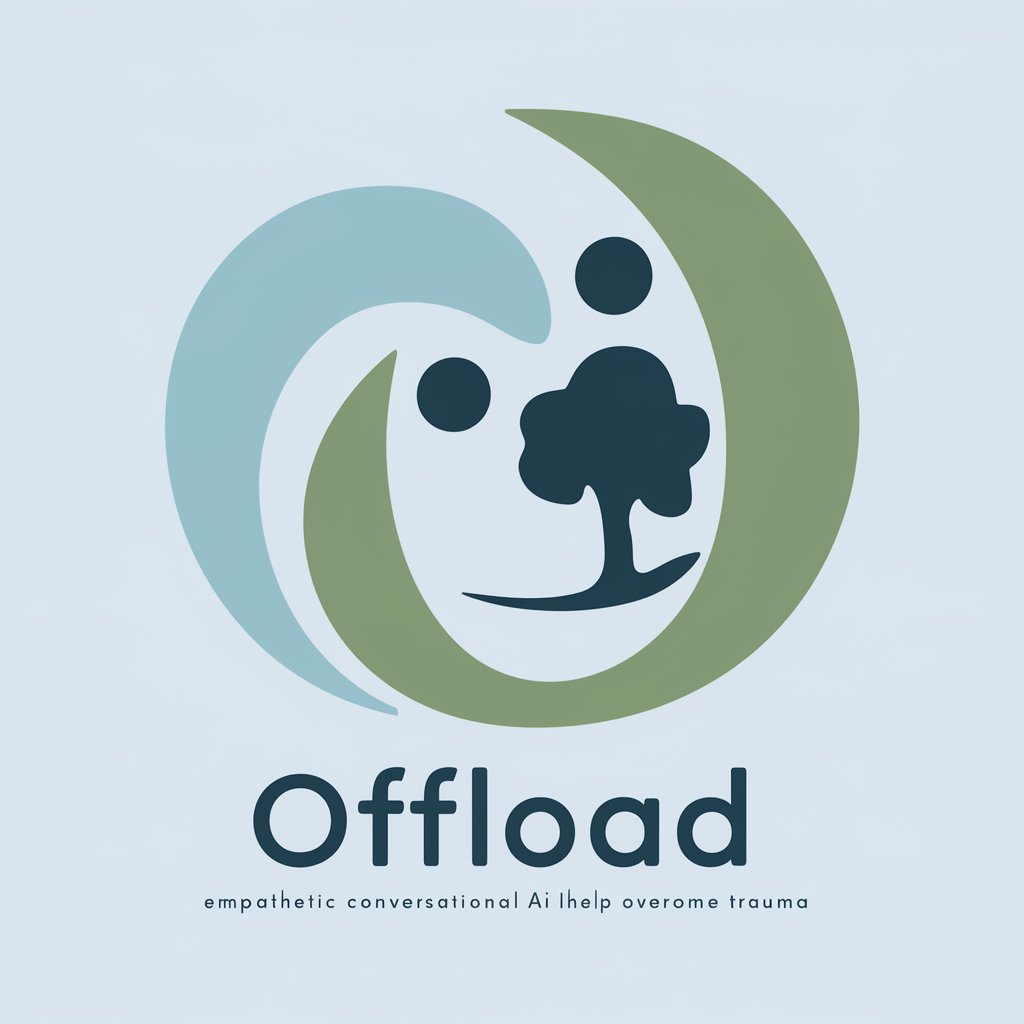
Key Attributes of Trauma Recovery AI Tools
AI GPTs for Trauma Recovery stand out for their adaptability, offering personalized support ranging from conversational therapy aids to complex trauma analysis. Features include natural language processing for understanding and responding to user emotions, machine learning for improving assistance based on user interactions, and capabilities for creating supportive content. These tools can also integrate with web and data analysis tools for comprehensive support, making them versatile for various aspects of trauma recovery.
Who Benefits from Trauma Recovery AI?
These AI tools cater to a broad audience, including trauma survivors seeking accessible support, mental health professionals looking for supplementary tools, and developers interested in creating specialized applications. They are designed to be user-friendly for individuals without technical skills while offering customization options for tech-savvy users, ensuring a wide range of people can benefit from their capabilities.
Try Our other AI GPTs tools for Free
Mental Clarity
Discover how AI GPTs for Mental Clarity can transform your approach to mental wellness with personalized advice, engaging content, and tailored exercises designed to enhance mental focus and well-being.
Entrepreneur Support
Discover how AI GPTs for Entrepreneur Support can transform your business with innovative solutions for content creation, market analysis, and more, tailored to the unique needs of entrepreneurs.
Vulnerability Insights
Discover AI GPTs for Vulnerability Insights, the advanced AI tools designed to predict, detect, and mitigate cybersecurity threats with precision and adaptability.
Sleep Patterns
Discover how AI GPTs for Sleep Patterns can revolutionize your understanding of sleep, offering personalized insights and recommendations to improve sleep quality.
Character Impersonation
Discover how AI GPTs for Character Impersonation transform storytelling, gaming, and virtual interactions by creating deeply engaging, character-driven experiences with unparalleled realism and creativity.
Medical Advice
Discover how AI GPTs for Medical Advice are transforming healthcare with instant, AI-driven medical insights and personalized health management solutions.
Expanding Horizons with Trauma Recovery AI
AI GPTs for Trauma Recovery exemplify the potential of customized solutions across different sectors, particularly in mental health. Their user-friendly interfaces and adaptability not only make them accessible to a diverse audience but also offer possibilities for integration into existing therapeutic frameworks, enhancing the overall support system for individuals dealing with trauma.
Frequently Asked Questions
What exactly are AI GPTs for Trauma Recovery?
AI GPTs for Trauma Recovery are artificial intelligence tools specifically designed to assist individuals in recovering from traumatic experiences by providing personalized support and resources.
How do these tools support trauma recovery?
They offer personalized conversation, emotional support, and resources tailored to the user's needs, using AI to mimic human-like interactions and provide comfort.
Can these AI tools replace therapists?
No, they are intended to complement traditional therapy by providing additional support, not to replace licensed mental health professionals.
Are these tools accessible to people without a technical background?
Yes, they are designed to be user-friendly for individuals without coding skills, ensuring accessibility to a broad audience.
Can professionals in mental health use these tools?
Absolutely, these tools can serve as supplementary resources for professionals, enhancing their ability to support clients.
How does AI adapt to each user's unique experiences?
Through machine learning and natural language processing, the AI learns from interactions to better understand and respond to individual user needs.
Is there any way to customize these tools for specific needs?
Yes, developers and technically skilled users can customize the tools' functions to cater to specific recovery pathways or integrate them into broader therapeutic programs.
What makes these AI tools different from other digital mental health resources?
Their ability to generate personalized, conversational support in real-time sets them apart, providing a more interactive and engaging form of assistance.